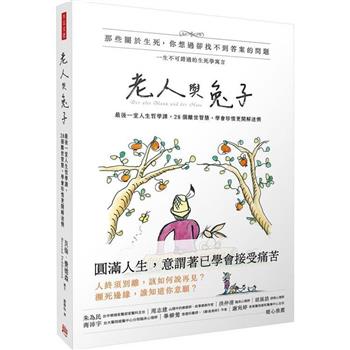Victorian novelist Mary Ward, best known to her contemporaries as Mrs. Humphry Ward, was one of the most successful and complex women of the 19th and early 20th centuries. Born into the powerful but patriarchal dynasty of Thomas Arnold of Rugby, she lived at the center of an intellectual and cultural circle peopled by such eminent figures as Mark Pattison, Thomas Huxley, and Charles Darwin. Her novel Robert Elsmere (1888), the first in a series of bestsellers, earned her both unprecedented sums of money and the critical respect of such writers as Henry James. She helped found Somerville College, Oxford, the University’s first institution of higher education of women, and helped create a number of play centers for the children of London’s working poor. And as the first woman reporter to enter the trenches in 1916, she wrote articles that were instrumental in bringing America into the war.
In Mrs. Humphry Ward, John Sutherland explores a goldmine of materials never before available to recapture a fascinating life, one in which extraordinary achievements were often overshadowed by private misfortune. Sutherland describes how Ward’s parents’ marriage was shattered by her father’s religious peregrinations (an Anglican, he converted to Roman Catholicism, then returned to the Church of England, then became a Catholic again), how her own remarkable success placed considerable stress on her marriage, and how all her resources (both financial and emotional) went to support a renegade, spendthrift, and disappointing son. And he also sheds light on one of the great paradoxes of this accomplished woman’s life--that she led the fight to block woman’s suffrage.
Throughout, Sutherland writes movingly of the private life of a remarkable public figure. A fascinating study of how much a woman could and could not do in the Victorian and Edwardian eras, this engaging biography illuminates the intellectual climate of the late 19th century.
| FindBook |
有 1 項符合
Mrs. Humphry Ward: Eminent Victorian, Pre-Eminent Edwardian的圖書 |
 |
Mrs. Humphry Ward: Eminent Victorian, Pre-Eminent Edwardian 作者:Sutherland 出版社:OUP Oxford 出版日期:1990-10-18 語言:英文 規格:精裝 / 464頁 / 23.4 x 15.5 x 2.5 cm / 普通級/ 初版 |
| 圖書館借閱 |
| 國家圖書館 | 全國圖書書目資訊網 | 國立公共資訊圖書館 | 電子書服務平台 | MetaCat 跨館整合查詢 |
| 臺北市立圖書館 | 新北市立圖書館 | 基隆市公共圖書館 | 桃園市立圖書館 | 新竹縣公共圖書館 |
| 苗栗縣立圖書館 | 臺中市立圖書館 | 彰化縣公共圖書館 | 南投縣文化局 | 雲林縣公共圖書館 |
| 嘉義縣圖書館 | 臺南市立圖書館 | 高雄市立圖書館 | 屏東縣公共圖書館 | 宜蘭縣公共圖書館 |
| 花蓮縣文化局 | 臺東縣文化處 |
|
|
圖書介紹 - 資料來源:博客來 評分:
圖書名稱:Mrs. Humphry Ward: Eminent Victorian, Pre-Eminent Edwardian
內容簡介
|










